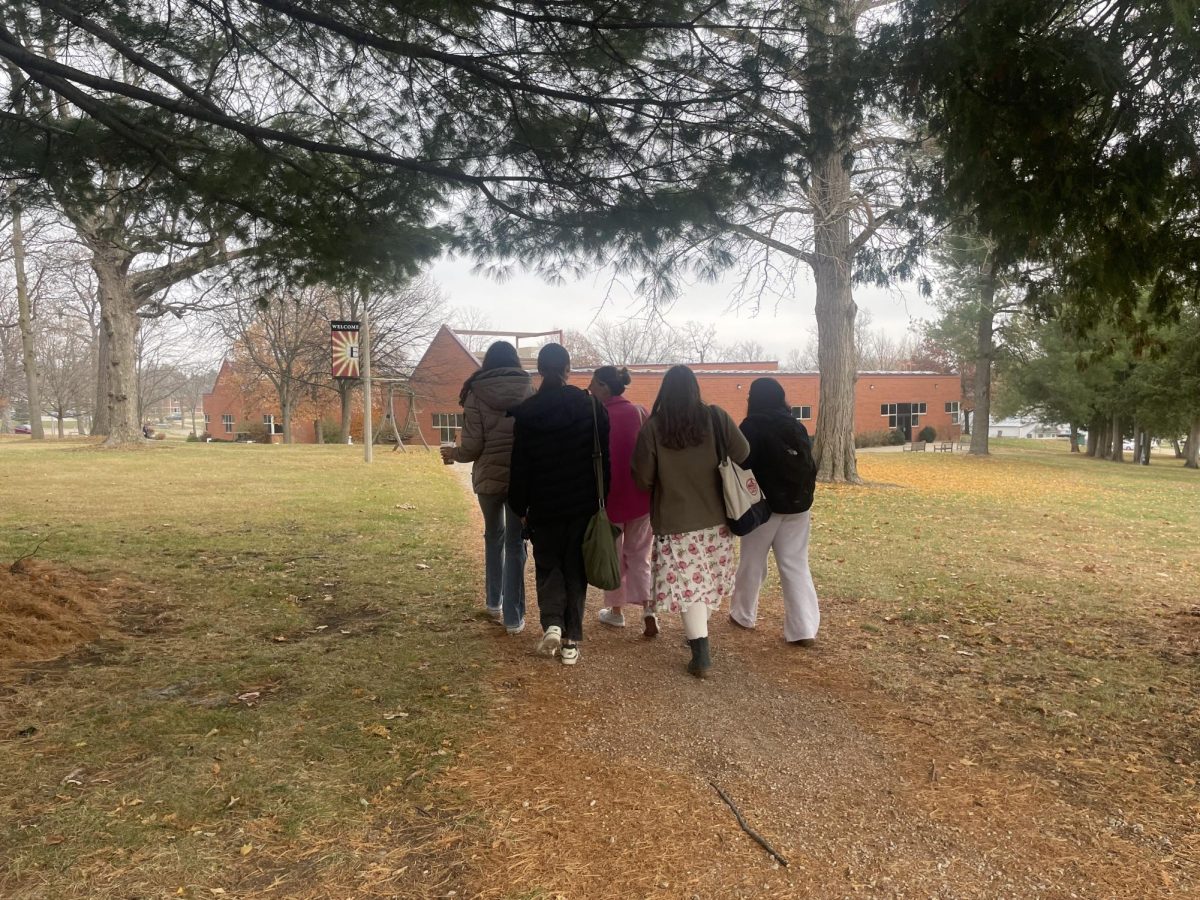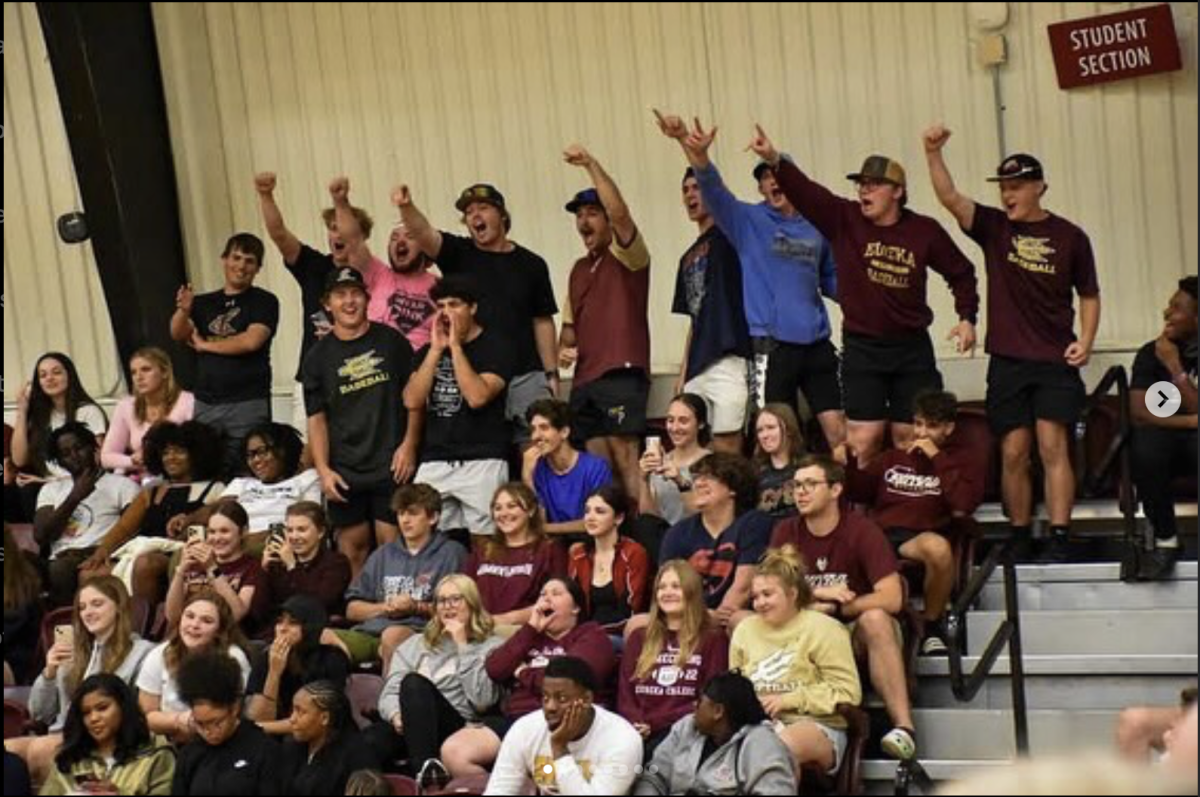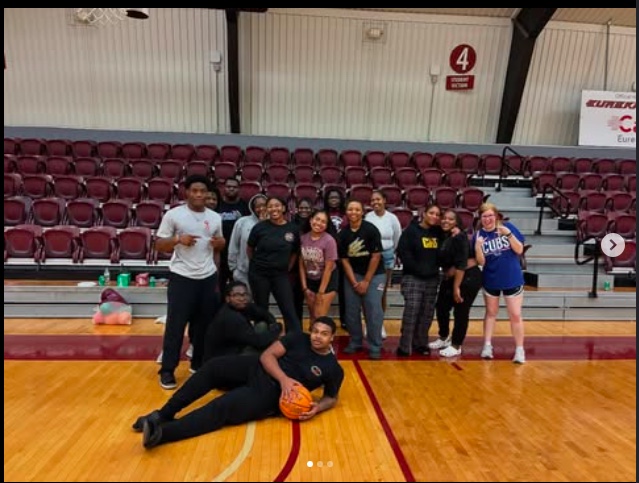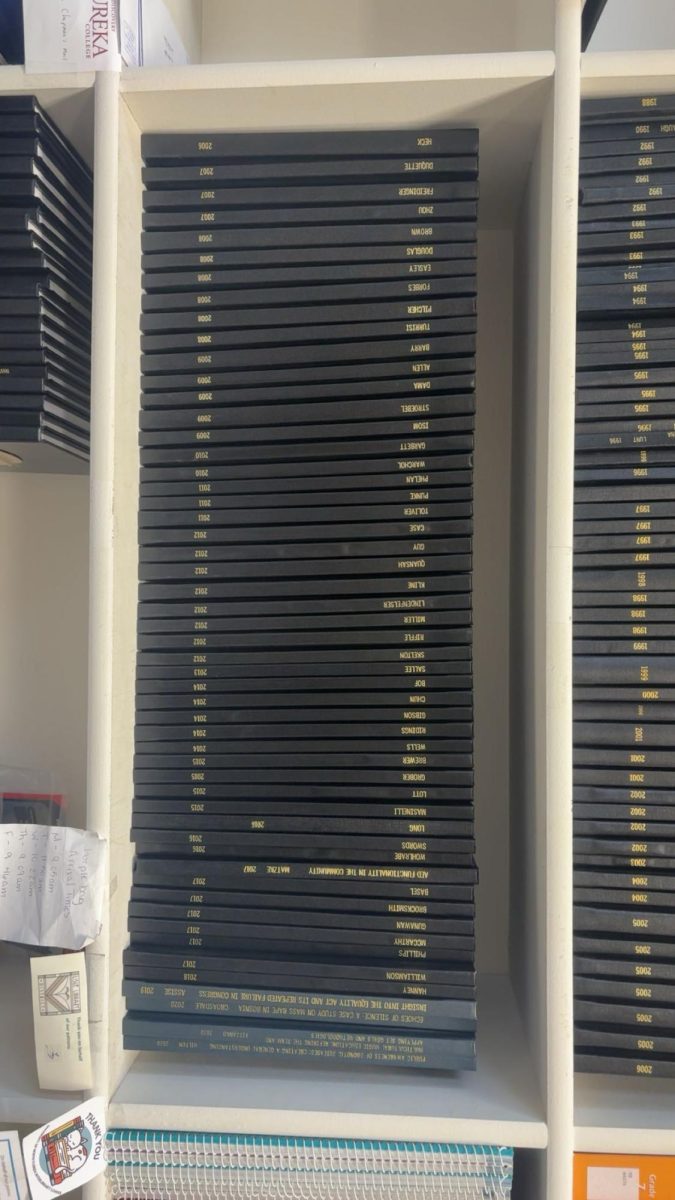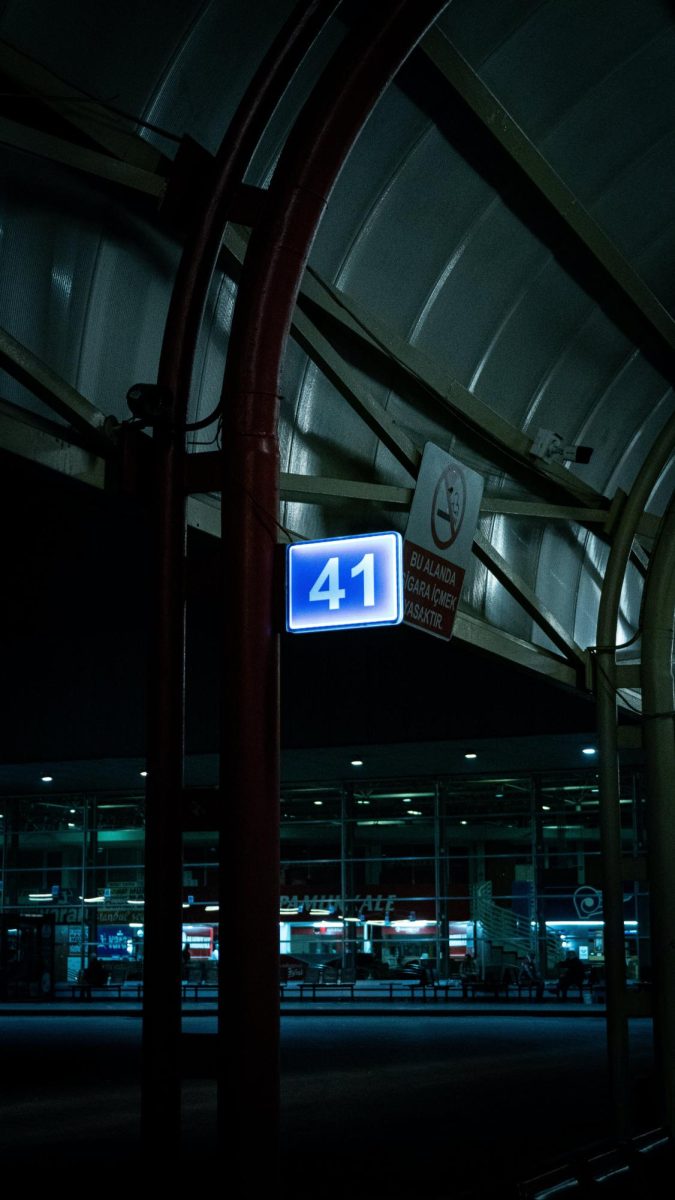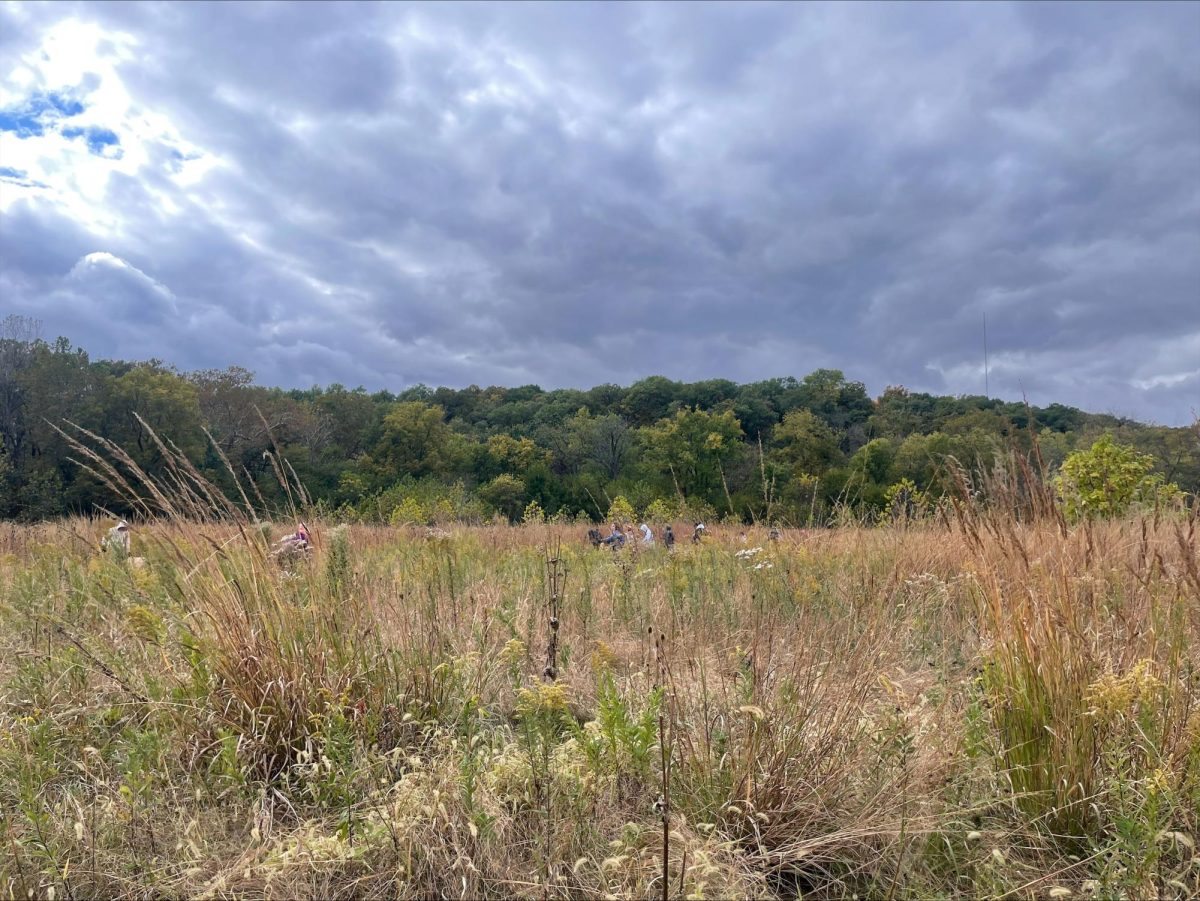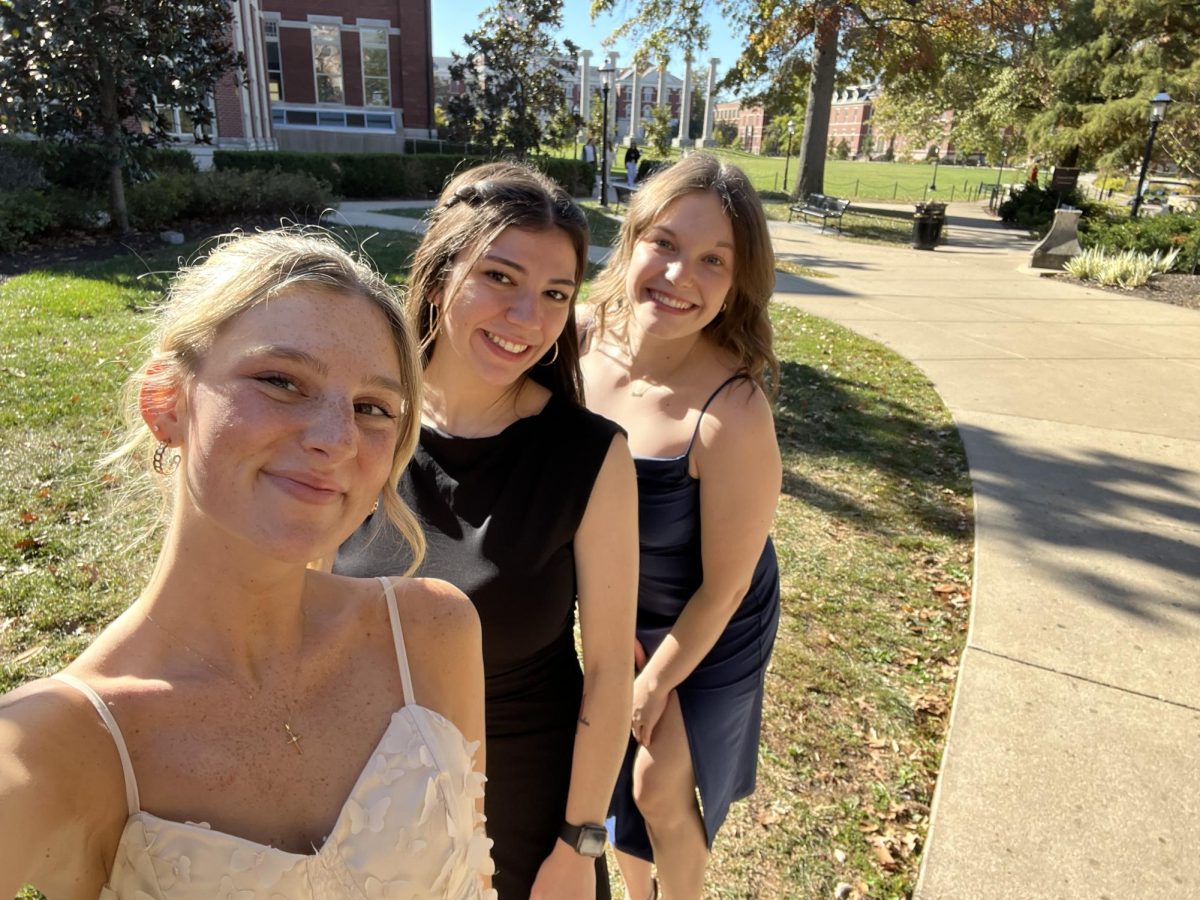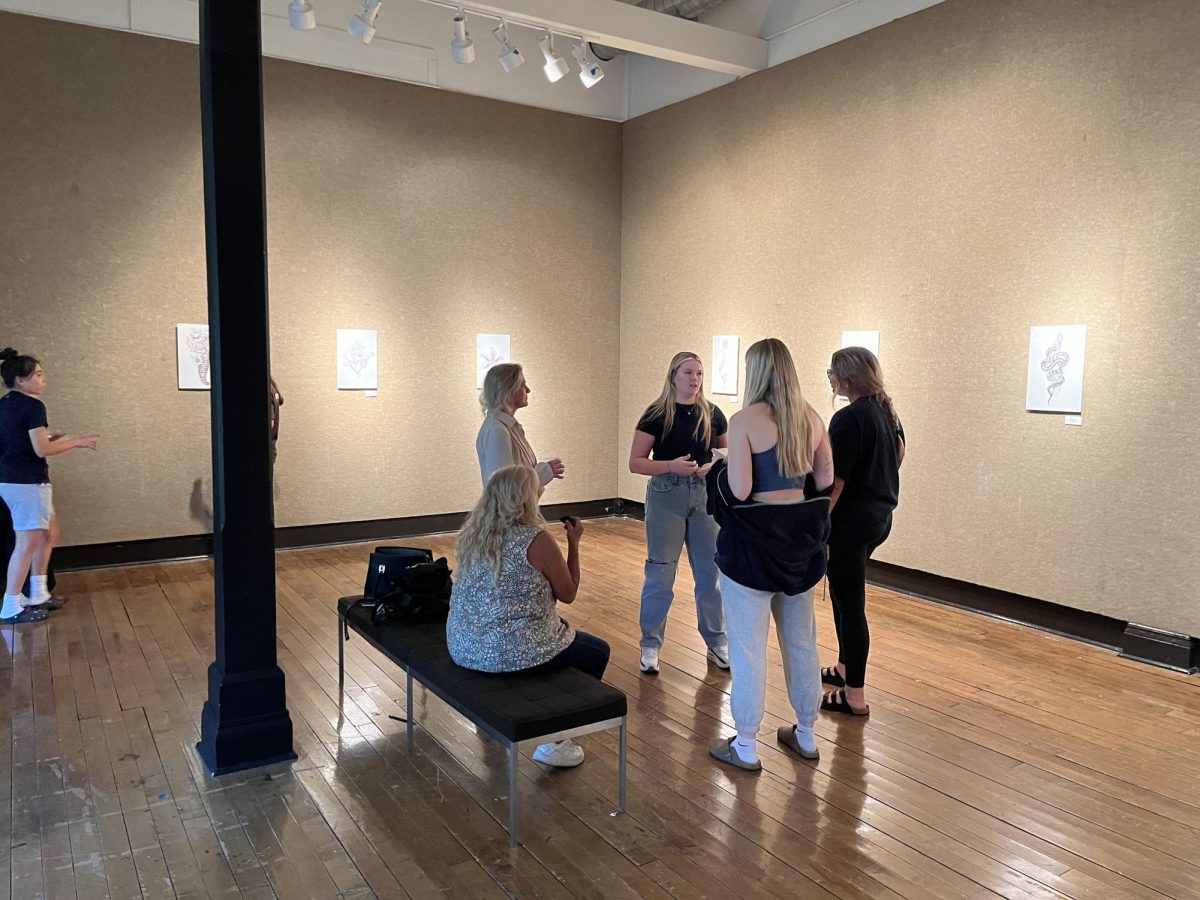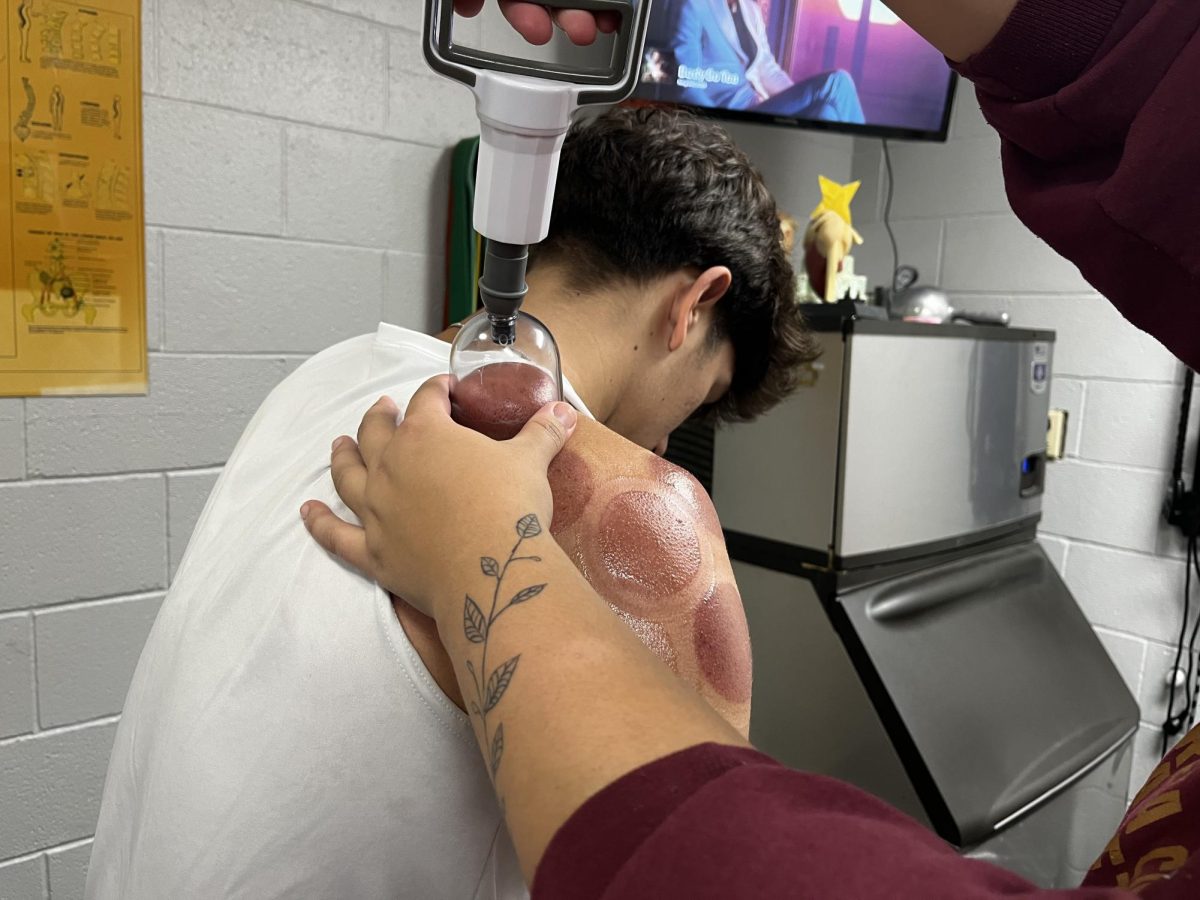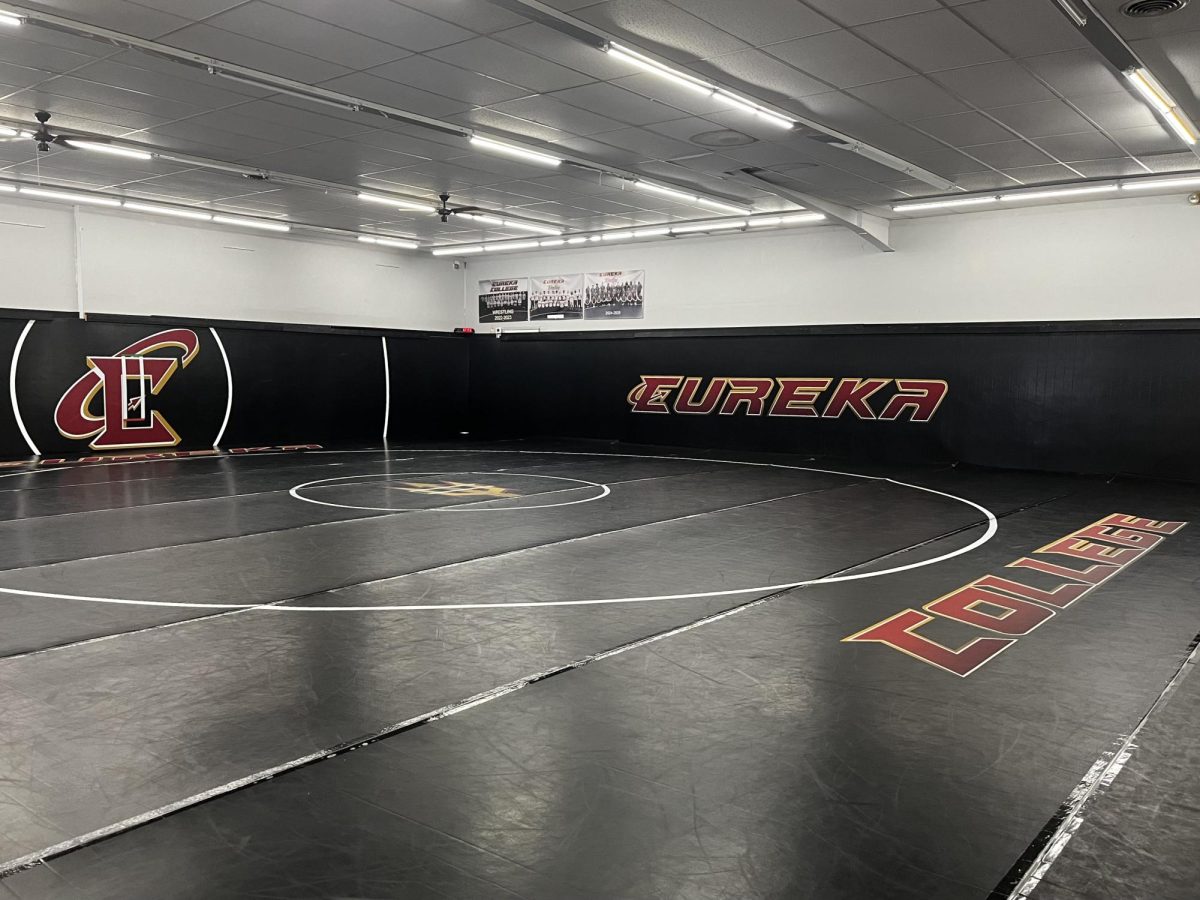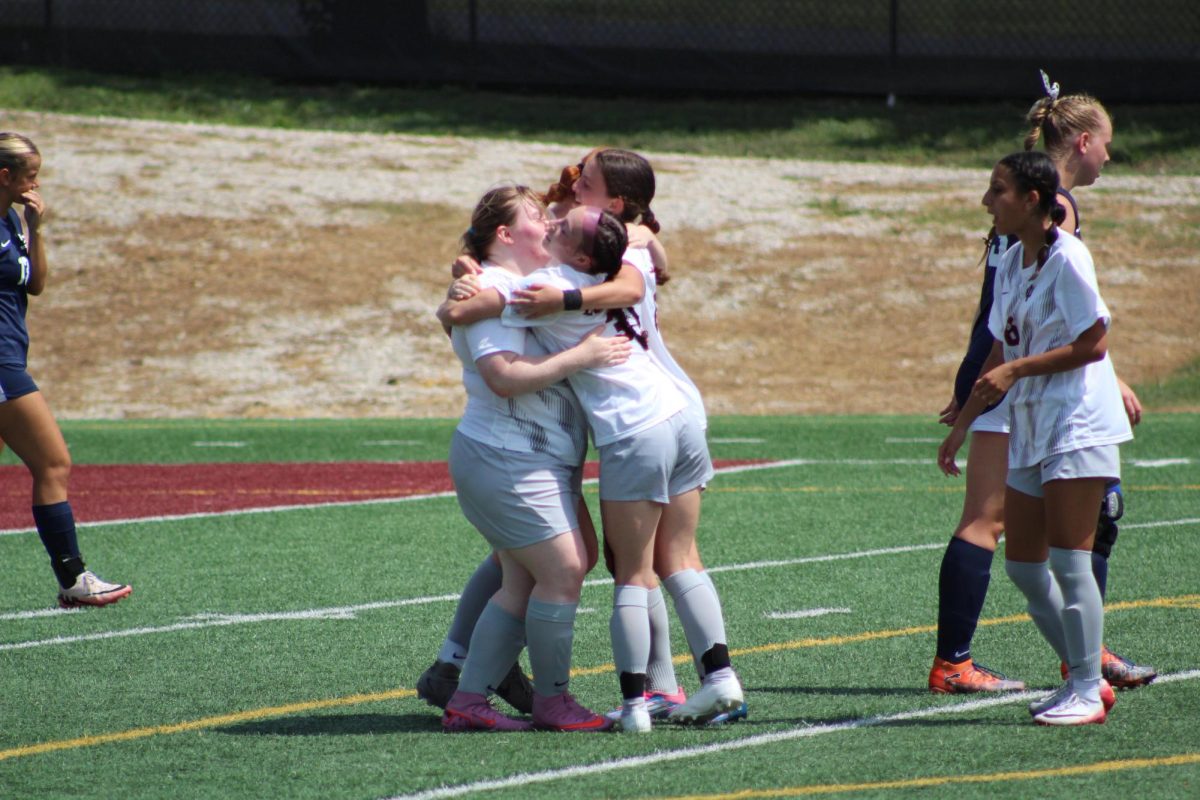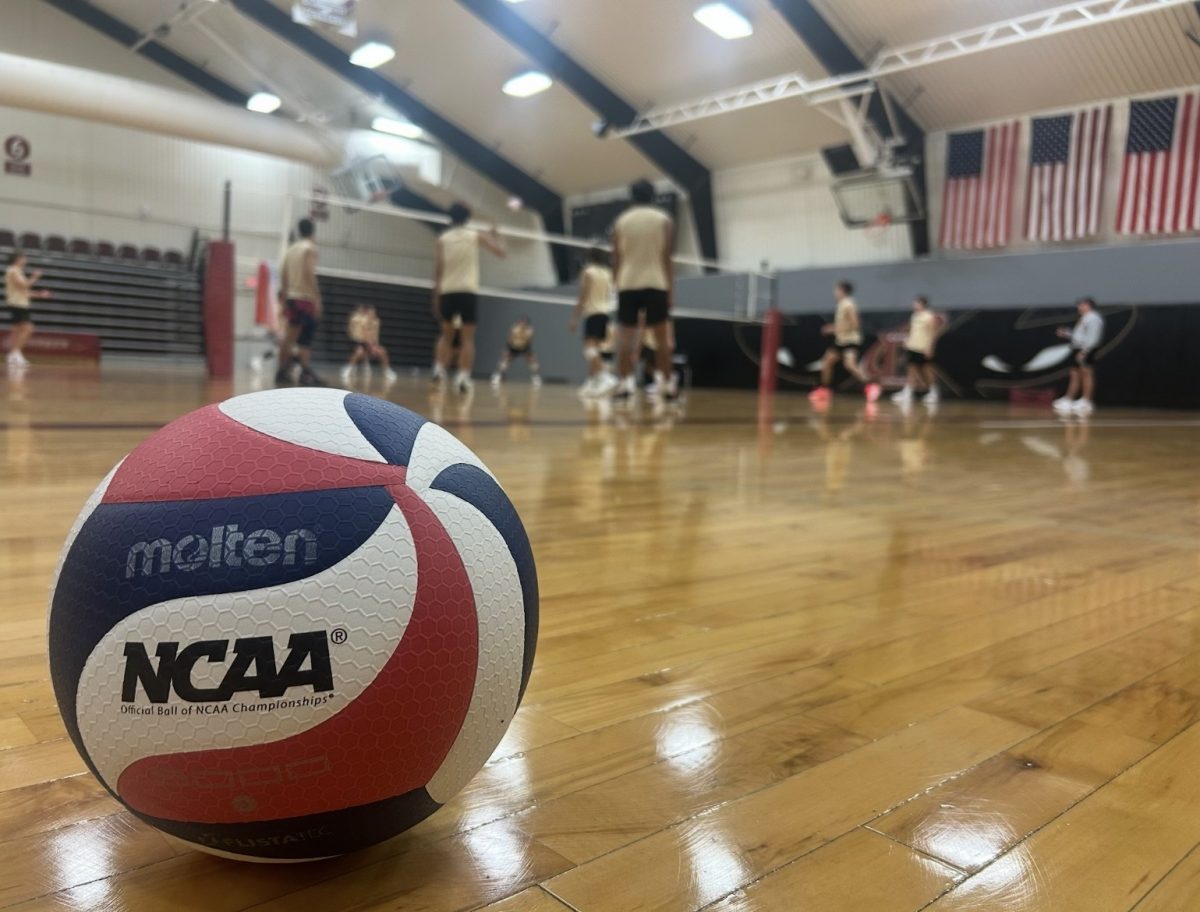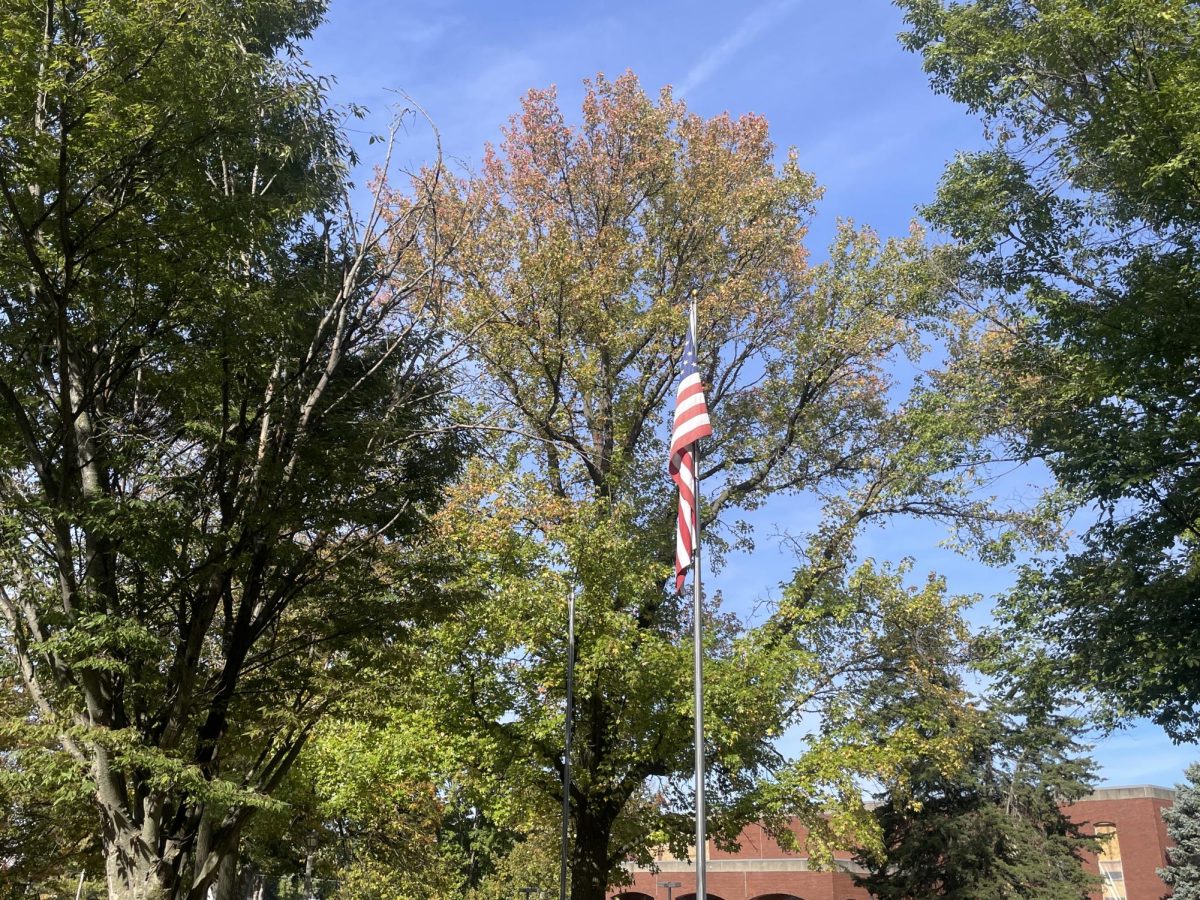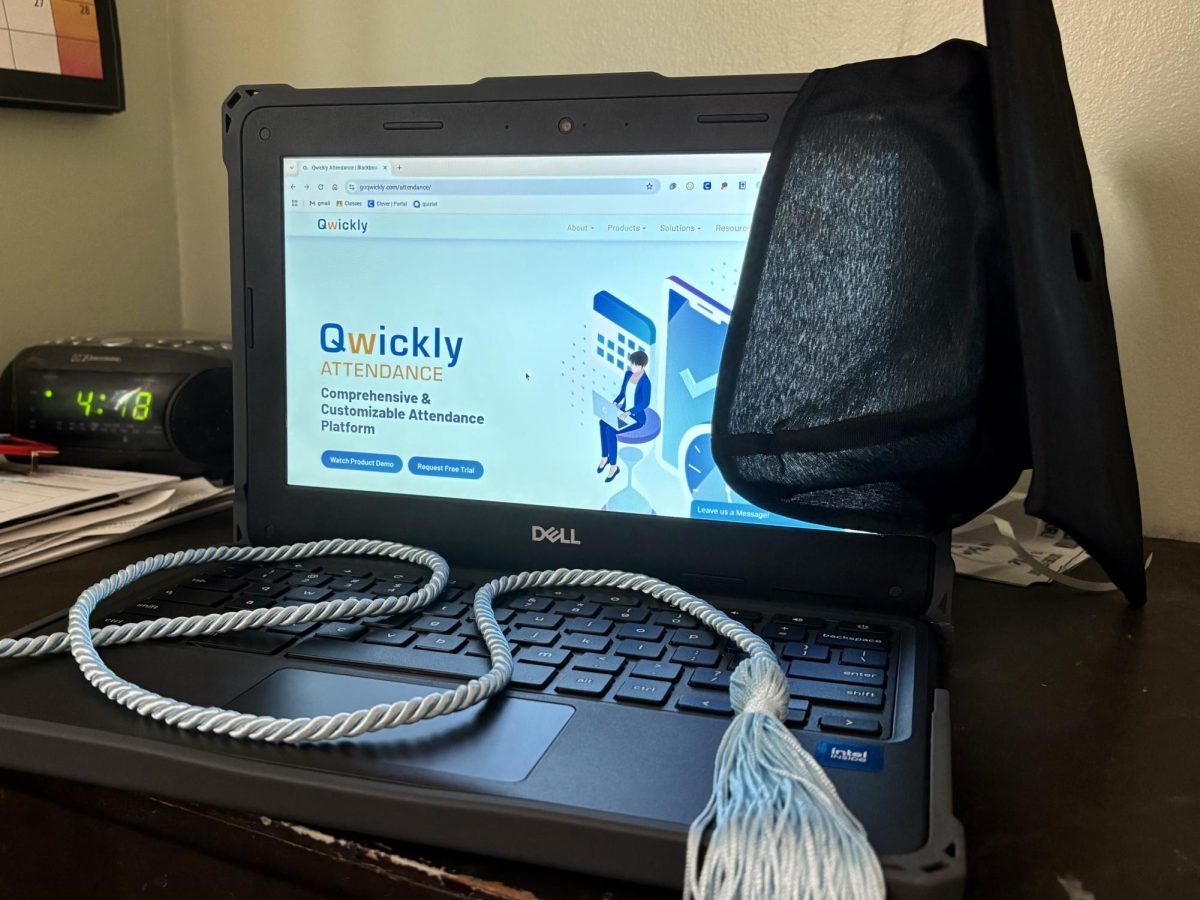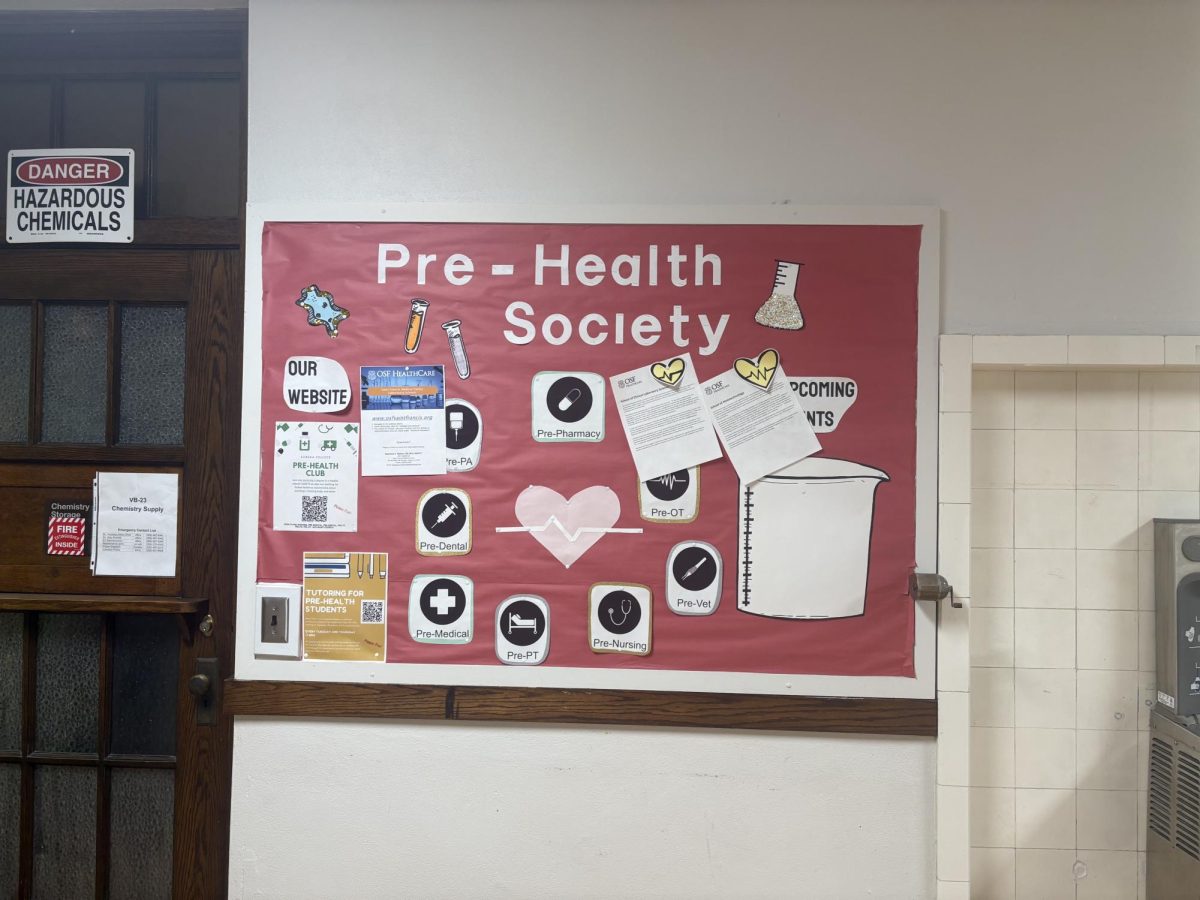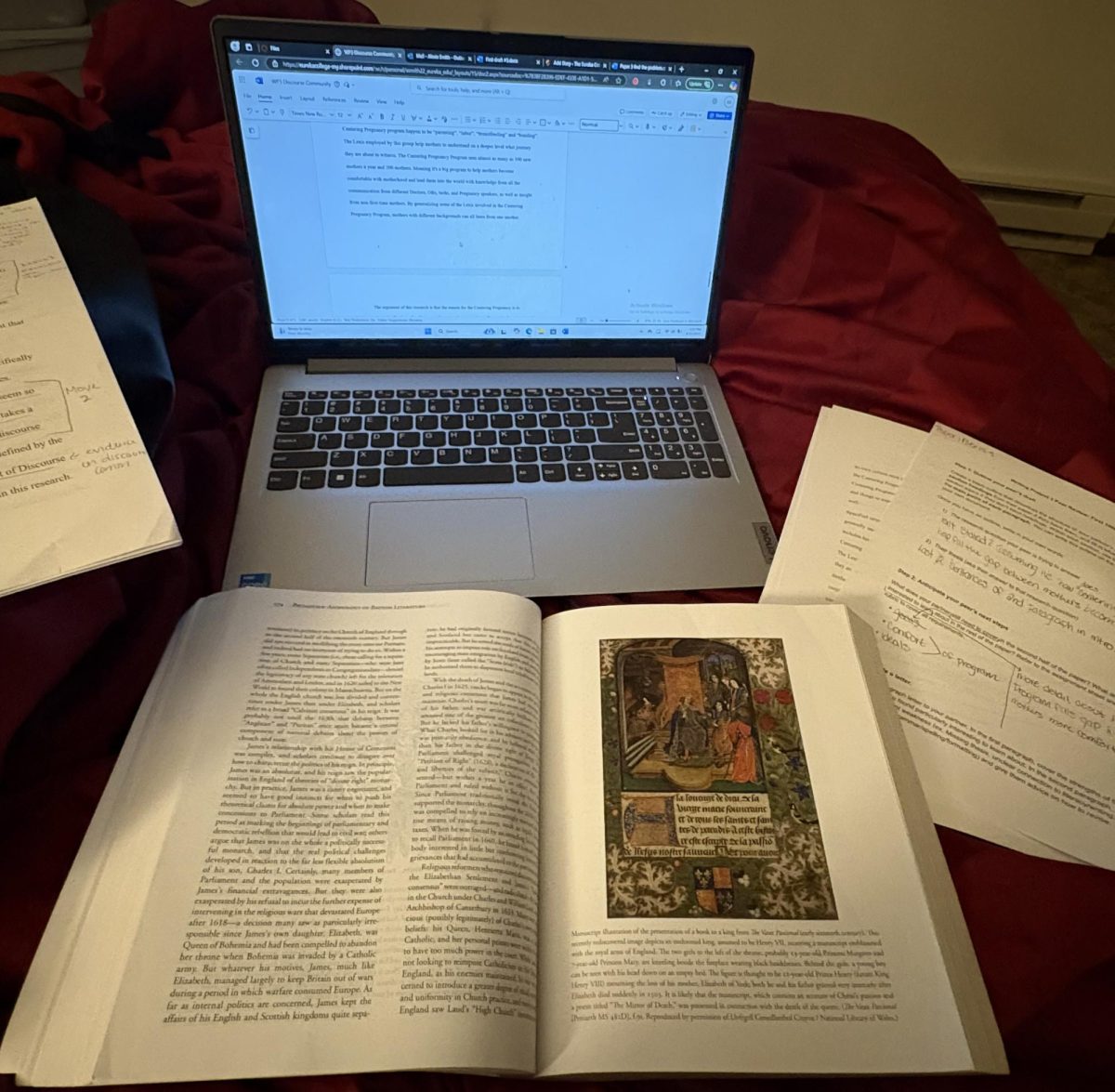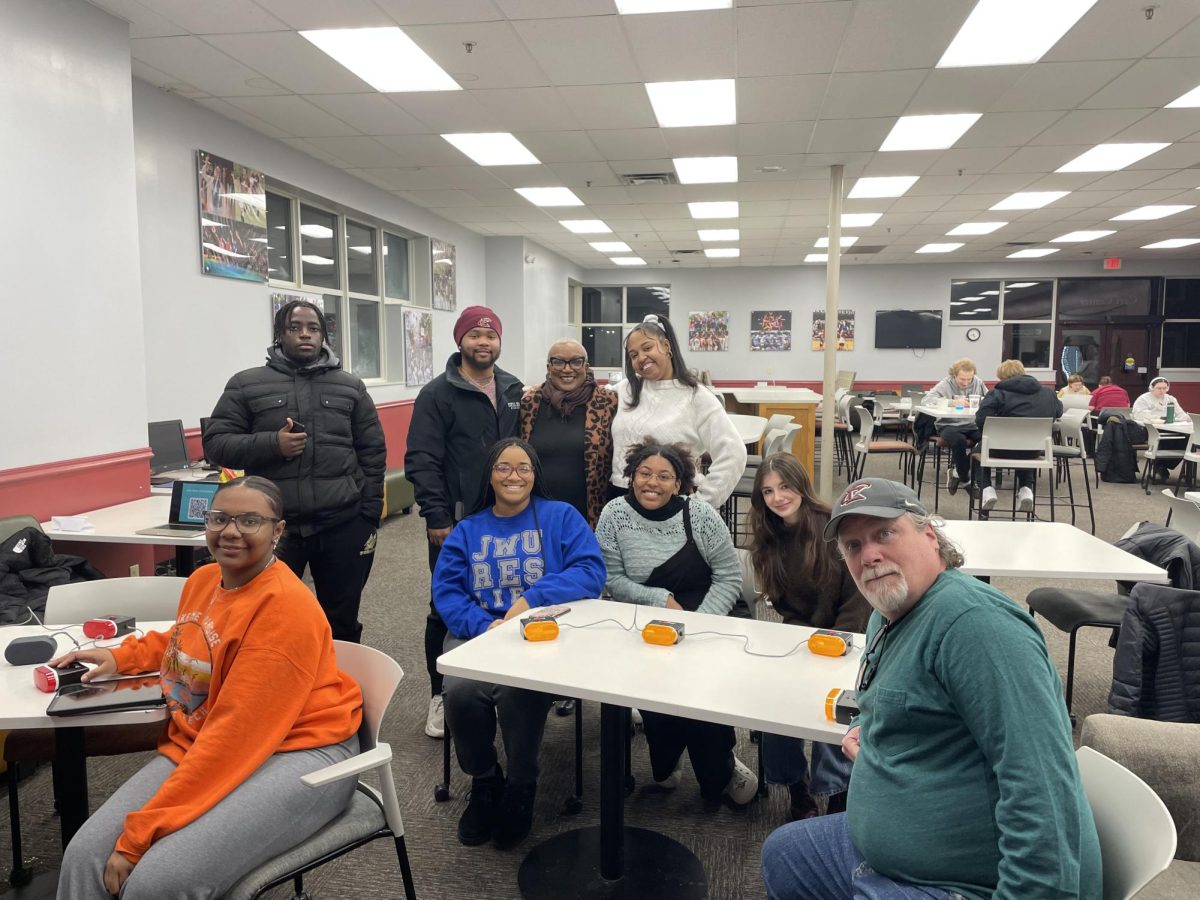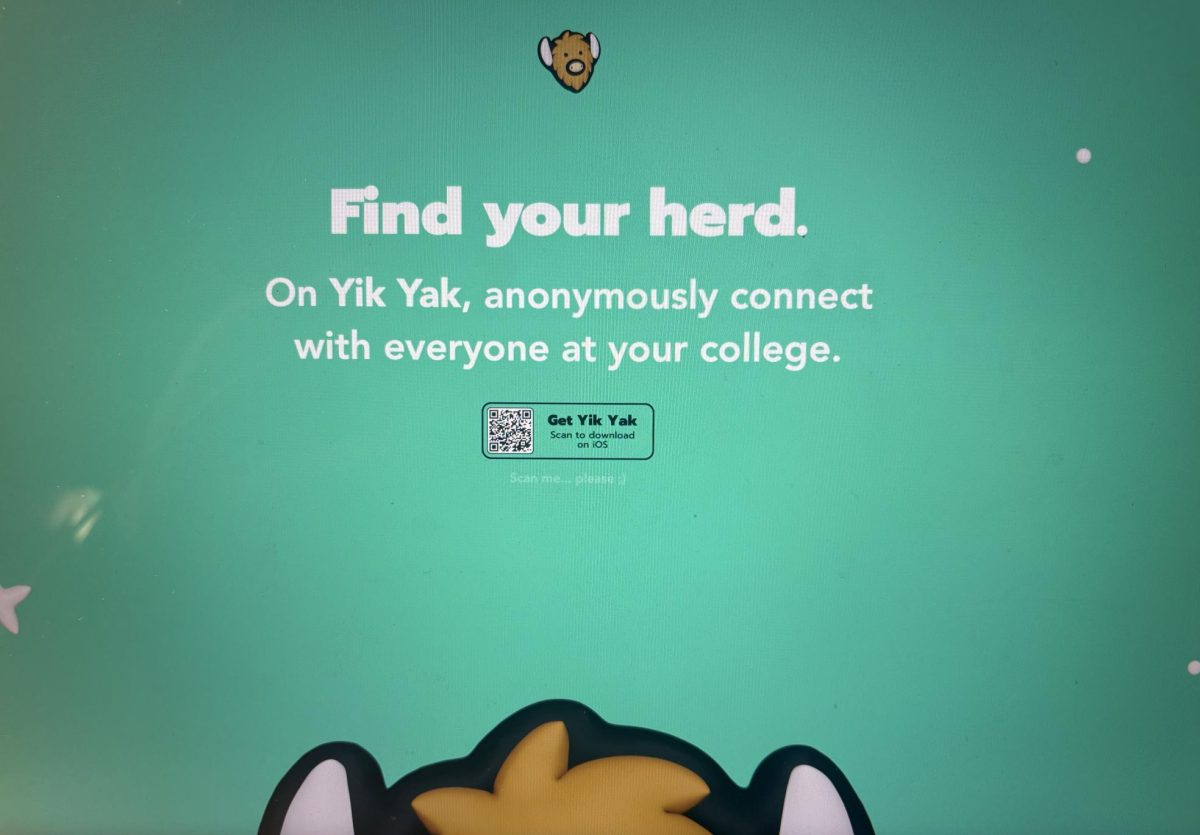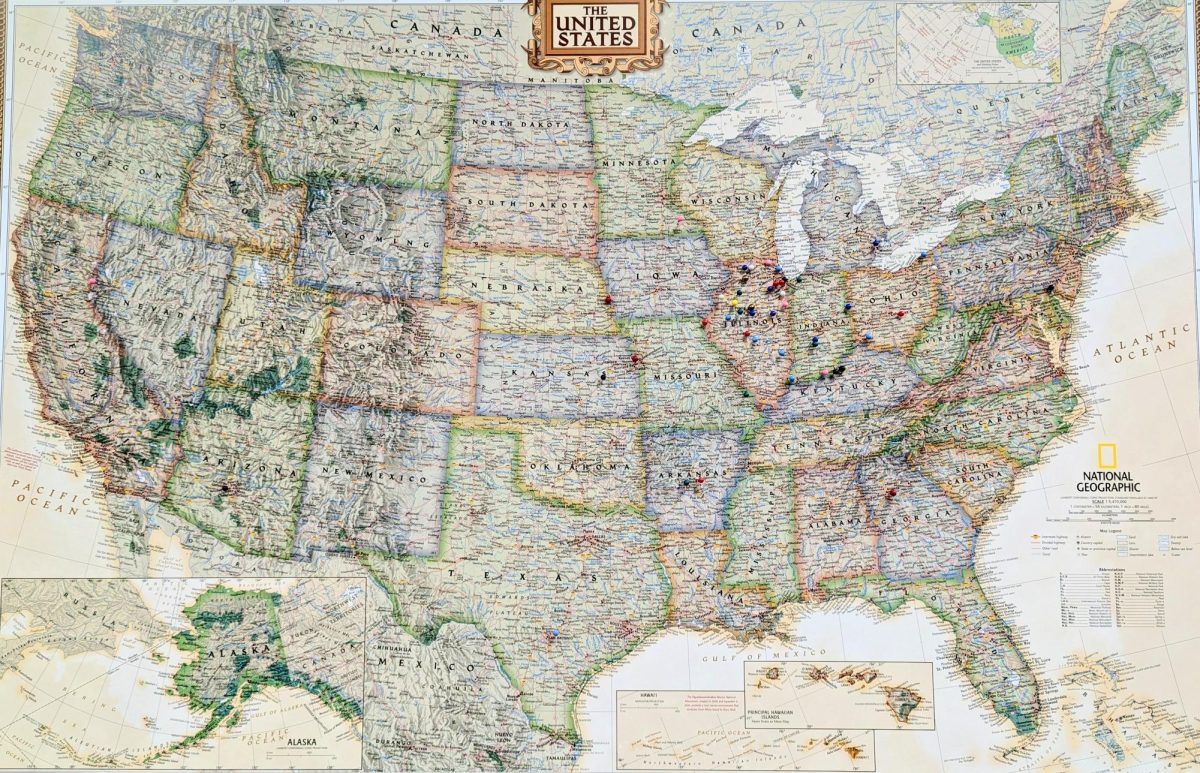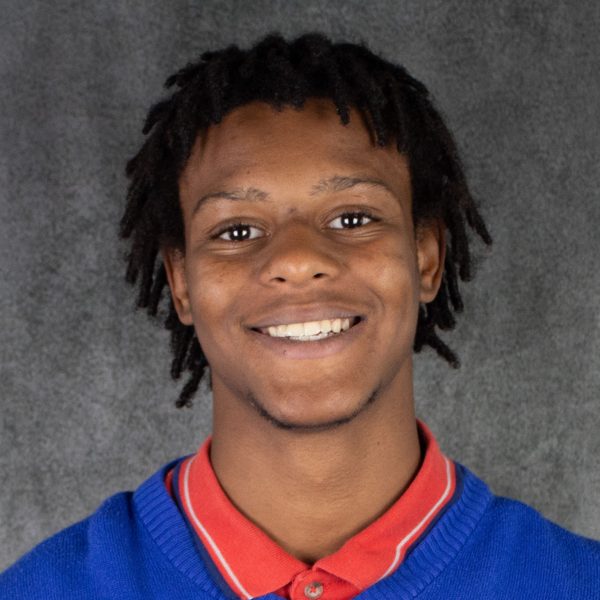The dangers of social media are increasing at an alarming rate at Eureka College through Yik Yak, Facebook, and other media outlets. Social media has given college students a way of communicating with each other without having face-to-face interactions. These interactions vary from informational content to demeaning/belittling comments about others.
Most of the information on these sites can be seen as speculation rather than facts. Often these posts will go on without being fact-checked. These speculations lead to a huge rise in rumors quickly being spread on both campus and media, resulting in people panicking over issues that either do not exist, or do not matter enough to worry about.
Professor Eisenberg currently teaches a class called Ethical Reasoning at Eureka College. One of the assigned books is The Coddling of the American Mind. The book mentions social media a few times throughout and explains that social media contributes to teen anxiety and depression.
Eisenberg explains he is “divorced from social media by design” because he has a “pernicious tendency to get lost in the world of social media.” Eisenberg believes there are a lot of benefits to social media, such as disseminating information.
“There is more information at your fingertips than ever before,” Eisenberg said.
However, Eisenberg also explains that social media can be very dangerous. Social media often leads to people isolating themselves from both the world and worldviews. People will often use social media to validate their preconceived notions, and it has a “tendency to narrow minds.” He explains that social media has a very polarizing effect on people that will often result in both discord and fraction. People on social media often just throw out information and insults, and there are rarely meaningful exchanges.
While Eisenberg did not see all the alumni Facebook page posts or the NPR article, he was still familiar with them. He explained that there was a lot of misinformation and disinformation involved.
“It’s hard for people to distinguish one from the other… especially if you’re not taught to think critically,” Eisenberg said. “Even reliable sources don’t always give us correct information.”
Eisenberg explains that the book he is teaching this semester says that social media is not very good for mental health, especially for younger people who are more susceptible or vulnerable. It has a polarizing effect, contributes to tribalization, causes anxiety, depression, and loneliness, isolates people, and leads to no real human interaction.
“People are glued to their screens and social media, I don’t know how you undo that,” Eisenberg said.
Eisenberg does not see much of a solution to the problem, but one step in the right direction is awareness.
“A healthy skepticism/mistrust of the information you receive is not a bad thing,” Eisenberg said.
At Eureka College, many students use the app Yik Yak to share social interactions and spread information. With Yik Yak being an anonymous messaging app users are blessed with the privilege to not have their identities exposed. Yik Yak has become a digital hub for Eureka students to share thoughts, jokes, and opinions on everything from campus events to trending topics like gossip. Several students have had much to say about the utilization of Yik Yak, and the impact it has had on their college experience.
For Nathan Berta, a junior at Eureka College with a psych major, Yik Yak serves as a source of entertainment and a way to connect with other students within the campus community.
“It’s fun to see what is on others’ minds. On Yik Yak I get to see all the memes and inside jokes that are related to our campus,” Nathan said.
Not only has Yik Yak been used for the spread of misinformation, but it has also been used for the spread of hateful speech and slander. Eureka College’s biggest sorority, Delta Delta Pi, has suffered numerous insults on the Yik Yak platform. Current Delta Delta Pi President, Kaitlyn Tripp, recently spoke up about her dislike for Yik Yak.
“Students use Yik Yak to talk bad about others and put them down,” Kaitlyn said.
Many believe that since Yik Yak is anonymous, users are using this to their advantage to produce hateful content. Everyone seems to be more confident in what they say when their face is not next to the message.
“With the app being anonymous, students post irresponsibly, and it has affected DDP by directing comments to tear down girls within our sorority,” Kaitlyn said.
Whether students like it or not, Yik Yak has become a part of the digital interactions at Eureka College. With the content being anonymous and proximity based, students get a unique experience with this social media app. Eureka College students need to take the challenge in creating positive content for Yik Yak while also remembering to be well-mannered and respectable young men and women the school has to offer.
Much of the faculty have been involved with Yik Yak on campus, especially Dean of Students, Dean Norris Chase.
“Yik Yak is problematic for so many reasons, but the most important issue is that it negatively impacts student engagement through the detrimental impact on the mental health of students who are directly targeted. Yik Yak enables bullying in a way that is counter to our goals to foster an inclusive and safe campus environment,” Dean Chase said.
“Use the platform to combat lies and rumors. Many Eureka students have done an excellent job doing this. Do not use the platform to target or bully others. Remember, nothing is truly anonymous, and report any problematic posts to administration, recognizing one: they may not have seen the post, and two: there are limitations to who and what they can do to intervene immediately. There are steps that Chief Marion and the Dean will take to do our due diligence in addressing the situation. For instance, we have sent statements to the campus community in the past about the use of Yik Yak. However, statements are futile when dealing with something like this,” Dean Chase said.
Some students are welcoming the idea of Yik Yak being used as a tool of communication on campus, but the majority of campus, including staff, has seen Yik Yak as a nuisance. There have been countless scenarios on Eureka College’s campus pertaining to incidents that have to do with the anonymous messaging app. For example, there have been rumors on Yik Yak that the Eureka College campus would close in near time. Professors and faculty of the school’s administration have strived to reassure students that is not going to happen. While Yik Yak may be used as a means for entertainment, it has clearly been used for the spread of misinformation as well.
At the start of the semester, the Eureka College alumni Facebook page drew a lot of attention from both students and faculty. As attention to the Facebook page rose, an NPR article titled “’No real objectives’: Alumni have concerns about the future of Eureka College” was published, leaving staff and students at the college distraught. Administration held a town hall meeting February 1, 2024, to answer some of the concerns that current students held.
The town hall meeting included a panel of Pres. Wright, Provost Fulop, Dean Chase, and Athletic Director Shaw.
Some of the most common concerns involved tuition and fees, and graduation rates all being down. Individual concerns included board leadership, administration, and the loss of football coach, Kurt Barth. All these concerns quickly led to a much larger concern for students: if the campus was going to close.
This concern was immediately addressed in the town hall meeting by the president, Jamel Wright. She explained the college is not closing, and that the college is in a better place than ever before. She went on to say that she is different from anyone else who previously ran the college and has great visions for the future of Eureka.
Some major concerns the article brought up involved tuition and fees, enrollment, and graduation rates all being down.
“Enrollment, down from 645 in 2014 to 466 in 2021.”
“A low four-year graduation rate in 2021, at 42%.”
“College’s endowment. As of 2021, it stood a bit over $31 million.”
From first glance these do look like serious concerns. The Provost, Ann Fulop, spoke on the issue of low retention rates. She explained we are not below the national level. Often when gathering this data, a lot is not taken into account. One example is transfer students. When students transfer from one college to another it is counted as a loss of that student. Overall, the college has higher graduation rates than other schools similar to Eureka.
The key word here is similar. Another major issue with these statistics is that Eureka is not being compared to similar schools, making these statistics appear to be far worse than what they really are. For accurate results, these statistics should be compared to schools of similar size and funding.
“The caveat is that the data is 6 years old. It is a look at the past rather than a forecast of the future. The fall 2023 data will not be reported until fall 2029. The data that is published in Fall 2023 was from the students who started in 2018. In addition, the data does not include transfer students/ students who change schools. The age and the type of the data limits its usefulness,” Dr. Fulop said.
During the meeting Yik Yak blew up, as students turned to the anonymous social media outlet to critique all answers given by the panel. After the meeting, on the Eureka Alumni Facebook page, one anonymous post felt that the questions answered were staged, the answers were “B.S.,” and many of the real student’s questions were filtered out.
A common observation from the social media realm is that people would rather complain about the issues online than confront the issues in person. If anyone has serious concerns they should convey them to the college in a professional manner.
Turning to social media to express these concerns will likely have no outcome. Through this process, rumors are spread, and students are caught up in the mess. This leads to many students feeling anxious, confused, and overall stressed out.
Melody Crickman, Director of Marketing and Strategic Communication, oversees all marketing for Eureka college and the communications website, social media accounts, and exterior and interior communications. She explains that the college currently has Facebook, Twitter/X, Instagram, YouTube, and TikTok accounts.
Crickman uses her own personal social media accounts to communicate with friends and family. For the College, social media is great for digital marketing and showing campus life engagement, but there are drawbacks as well. Yik Yak has become an increasing issue due to the anonymous factor.
“It leads people to say things they wouldn’t otherwise say,” Crickman said. “It’s a great detriment to our society.”
She explains that if people have something to say they should own it. She gives the advice, “If you don’t want your grandma reading what you’re posting you shouldn’t be posting it.”
Crickman believes a better job needs to be done educating on potential pitfalls in social media. People need to know how to critically think and make objective decisions not based on someone else’s opinion.
“There’s a great purpose behind social media… but there’s a responsibility we all need to understand,” Crickman said.

